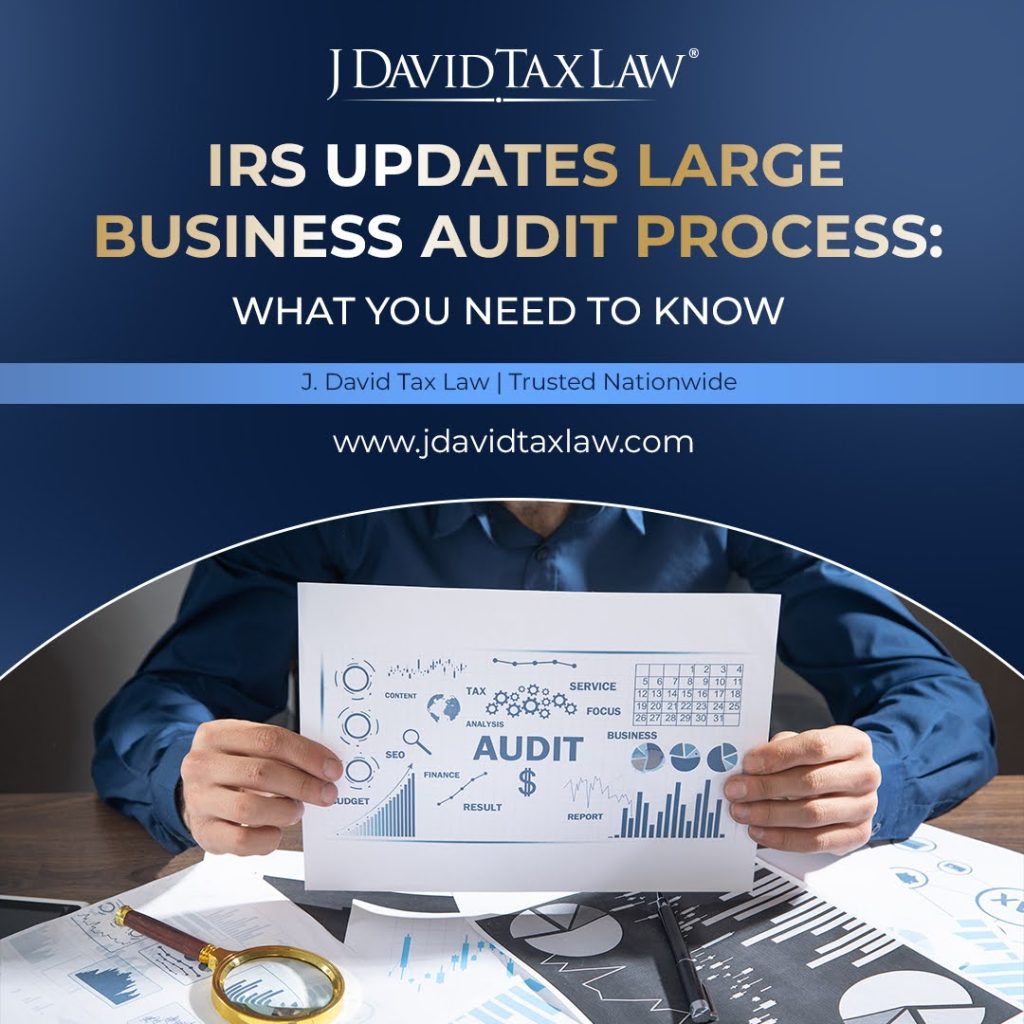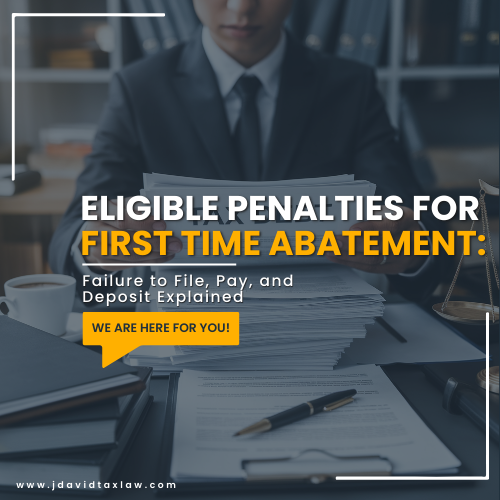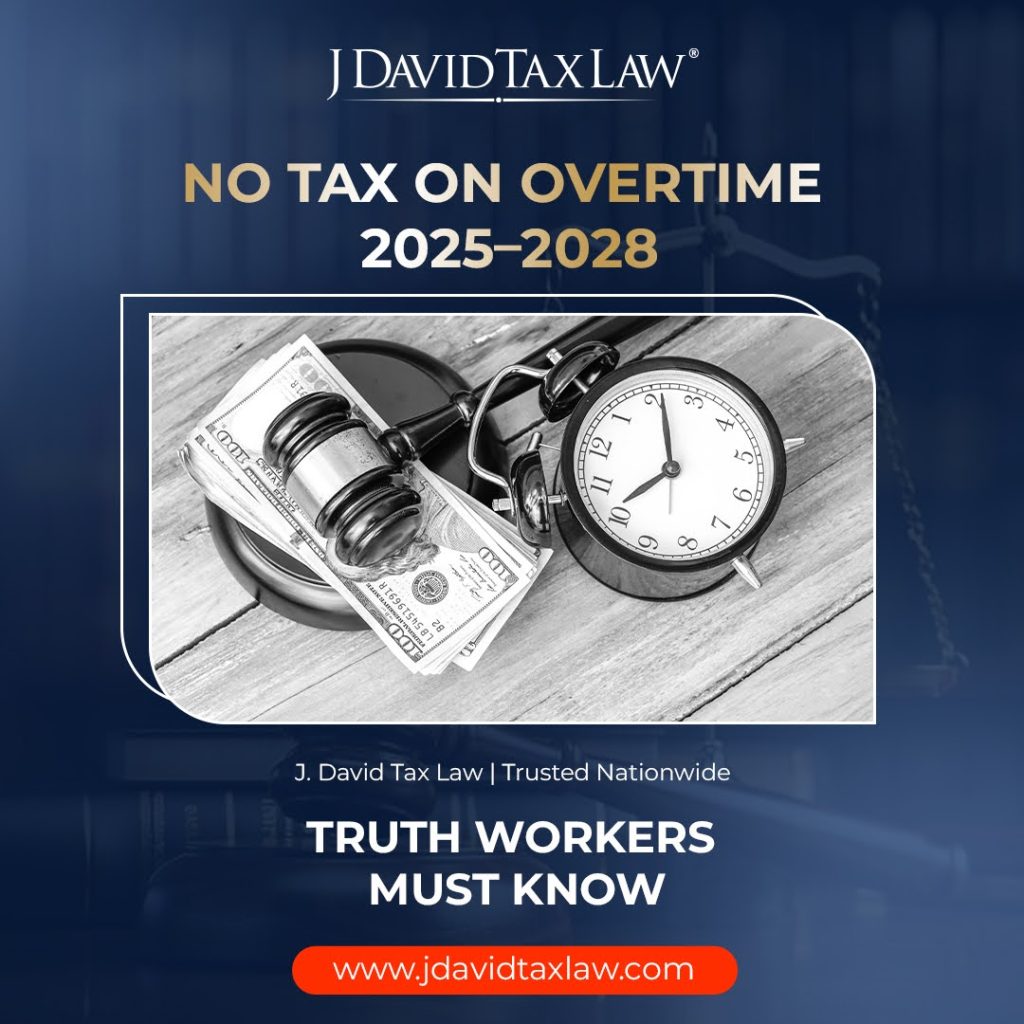- Home
- About Us
- Our Process
- Services

Tax Debt Solutions

Specialized Tax Services

IRS Enforcement Actions

Tax Filing & Compliance

IRS Disputes & Audits
- Locations
- Contact Us
Call for Free Consultation

Tax Debt Solutions

Specialized Tax Services

IRS Enforcement Actions

Tax Filing & Compliance

IRS Disputes & Audits
Call for Free Consultation
Your go-to resource for expert tips, updates, and strategies to conquer tax debt and stay ahead of IRS challenges.









Call for Free Consultation